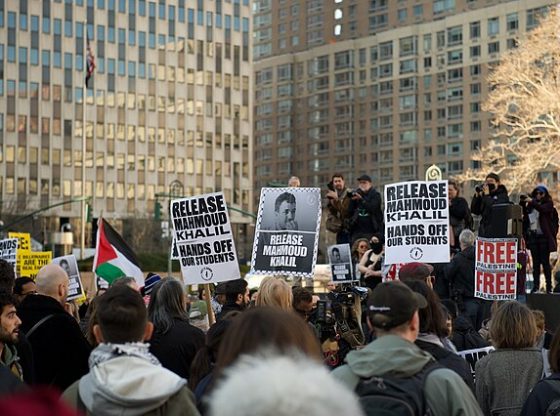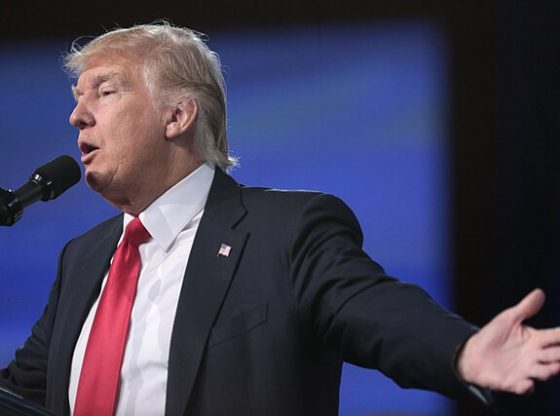As many as one million Chileans took to the streets in mass protests against the government, spurred by “carbon taxes” pushed by environmentalists.
“As many as a million Chileans protested on Friday in the capital Santiago,” Reuters reports.
“Demonstrators waving national flags, blowing whistles and horns, wafting incense and bearing placards urging political and social change streamed through the streets, walking for miles from around Santiago to converge on Plaza Italia,” Reuters reports. “On Friday morning, trucks, cars and taxis had slowed to a crawl on major roads, honking horns and waving Chilean flags. “No more tolls! Enough with the abuse!” read bright yellow-and-red signs plastered to the front of vehicles.”
But the mainstream media blame the protests on “inequality,” with little further explanation. Reuters would only report they “started over a hike in public transport fares” and that protesters were angry over “high utility prices.
There’s a reason for the media blackout.
In 2014 Chile’s socialist President Michelle Bachelet imposed South America’s first-ever carbon taxes.
“Chile’s government will start measuring carbon dioxide emissions from thermal power plants in 2017 and the new tax would be charged from 2018,” Reuters reported Sept. 26, 2014.
As the taxes began to pile up, and the government slapped a new carbon tax on public transportation, anger boiled over into protest.
When authorities announced they were hiking fares to cover the “costs of carbon,” the protests erupted.
It’s not the first time the public has taken to the streets to fight environmentalism, and it won’t be the last.
“The catalyst was a proposal to raise public transport fares and energy bills,” John Authers, Bloomberg’s senior editor for markets, writes. “There is ample evidence from across the world that these will incite rebellion like nothing else — a point that those who hope to reduce greenhouse-gas emissions via a carbon tax should bear in mind.”
“The violent protests of the Gilets Jaunes in France were over higher gasoline taxes, which were seen as penalizing car-dependent people in the provinces while favoring metropolitan elites,” Authers writes. “Mexico in 2017 saw riots and protests against what was known as the “gasolinazo,” a 20% rise in fuel prices that was a part of the government’s partial privatization of Pemex, the monopoly state oil company. Last year, Brazil was rocked by protests and a strike by truck drivers in response to fuel shortages and a sharp increase in the price of diesel.”














